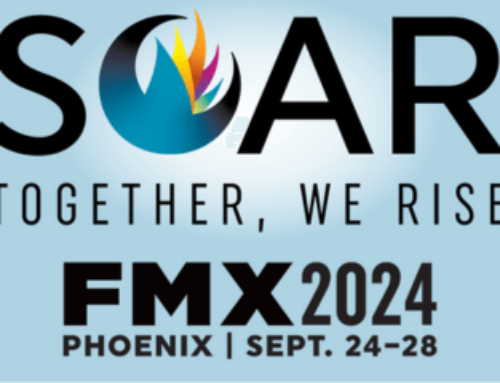The new House budgeting rules will impact how the NIH is funded and how the Congress addresses the physician payments under Medicare. Adopted on Jan. 5, rules package H. Res. 5 revises House operating rules and includes numerous directions for how the House in the 112th Congress will address budget issues.
The budget rules will have major implications for Fiscal Year 2011 spending after the Continuing Resolution (CR) from the 111th Congress expires on March 4, 2011:
- Under the rules package, the incoming Budget Committee Chair, Paul D. Ryan, is given the authority to issue authoritative guidance concerning new budget authority, outlays, direct spending, new entitlement authority and revenues.
Chairman Ryan has stated his intention to impose a discretionary spending limit to roll back non-security spending to levels prior to the federal bailout and stimulus packages. Sleep research received approximately $33 million and $19 million in stimulus funding in fiscal years 2009 and 2010.
Other changes in House rules have the potential for budgeting changes that at this point cannot be quantified on a program-by-program basis. Changes include:
- Replacing the pay-as-you-go rule with a cut-as-you-go rule (this rule reverses the previous policy that allowed tax measures and spending reductions to be used as offsets);
- Instituting a deficit reduction lock-box where any scored savings from floor amendments would be used to reduce the deficit, rather than be allocated to other programs;
- Requiring all appropriations bills to include a spending reduction where cut funds would be dedicated to deficit reduction;
One of the last actions of the 111th Congress allowed Medicare’s physician payment levels for 2011 to go into effect without application of the legislatively mandated sustainable growth rate (SGR) formula. Without Congressional action by the end of the year, massive payment reductions will be revisited in 2012.
The AASM will continue to monitor the 112th Congress as the March CR expiration date approaches. Expect further budget coverage as Congress addresses issues relevant to the practice of Sleep Medicine, such as funding for the National Institutes of Health and 2012 Medicare payments for physicians.




